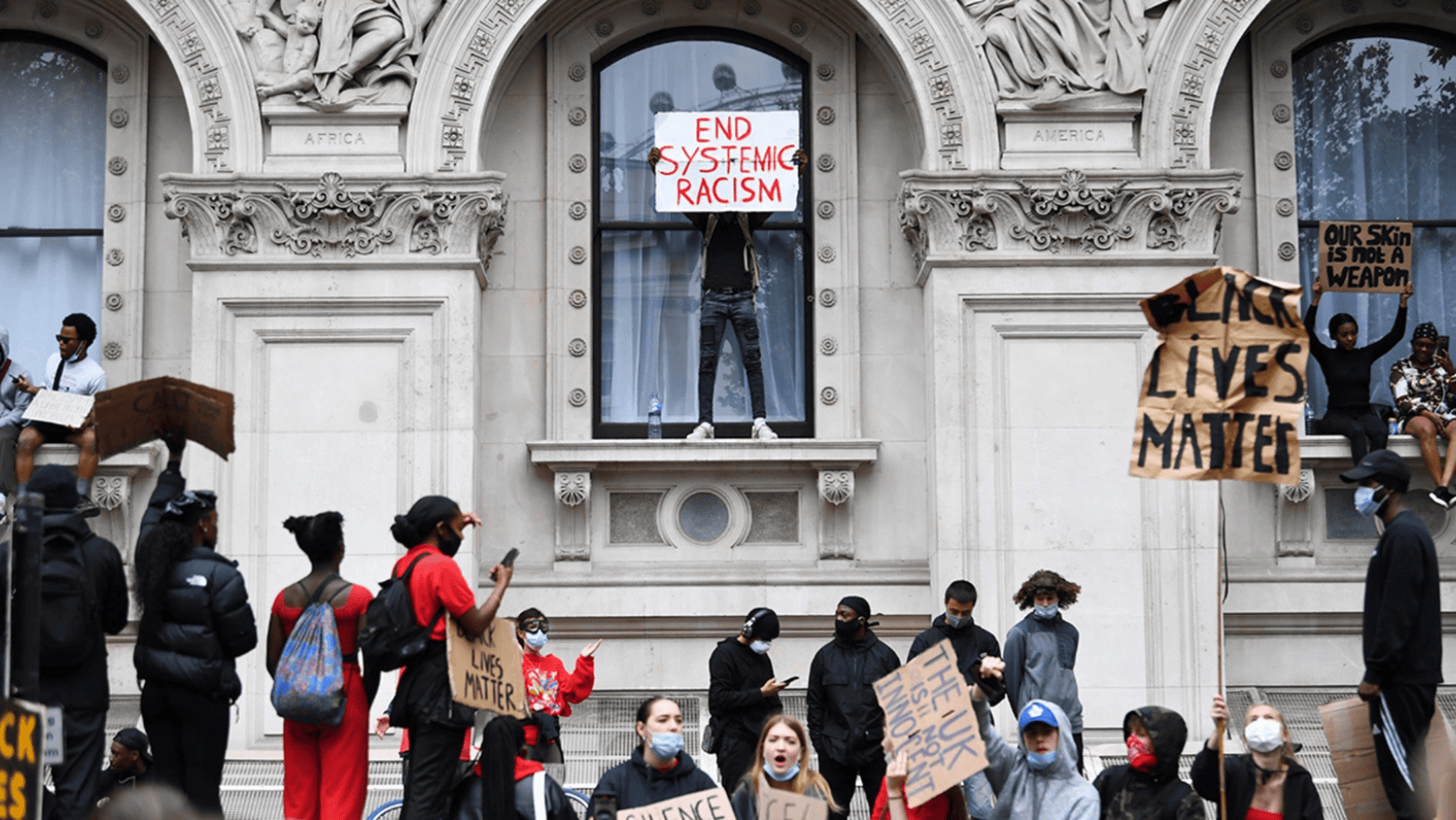US Human Rights Credibility: (US human rights report, US immigration policy, Temporary Protected Status, TPS Haiti, TPS Afghanistan, deportation crisis, human rights credibility, US foreign policy, Kristi Noem TPS, El Salvador human rights, global leadership, refugee crisis, asylum seekers, Biden immigration, humanitarian parole, State Department, Department of Homeland Security, foreign policy analysis)
Recent actions by the U.S. government are creating a significant credibility gap in its role as a global human rights leader. The latest U.S. State Department Human Rights Reports have drawn scrutiny for their reduced scope, delayed publication, and perceived political bias, especially in assessments of nations like Hungary, Brazil, and South Africa.
This controversy is compounded by a stark misalignment between the reports’ findings and U.S. immigration enforcement. This dissonance is glaring in policies toward countries like Haiti, Ukraine, Afghanistan, and El Salvador, revealing a troubling willingness to deport individuals into perilous conditions. This inconsistency signals a broader departure from stated American foreign policy principles and democratic values.
The State Department must address concerns from journalists and rights advocates regarding the misrepresentation of allies and adversaries alike. Concurrently, the Department of Homeland Security should re-examine deportation orders to high-risk nations. Congress, fulfilling its oversight duty, has a responsibility to investigate whether deportations have led to preventable harm—a scenario that would be both morally indefensible and contrary to core American ideals.
The conflict between policy and principle is most evident in the push to revoke Temporary Protected Status (TPS). TPS is a vital designation granted when a country is deemed too unsafe for the return of its nationals due to conflict or disaster.
For instance, the U.S. report on Haiti details a security situation that “worsened significantly” due to rampant gang violence and a collapse of state authority. Despite this stark assessment, the administration recently attempted to terminate TPS for Haitians and ended a parole program that provided a legal pathway for nationals from Cuba, Haiti, Nicaragua, and Venezuela. While courts blocked the TPS termination, the parole program’s end stands, highlighting a jarring policy contradiction.
A similar disconnect exists with Afghanistan. The Homeland Security Secretary recently moved to rescind TPS for Afghans, citing an “improved security situation.” This decision directly contradicts the State Department’s own report, which documented a “significant deterioration in women’s rights” and Taliban killings in retaliation against former U.S. affiliates. For the many Afghans who aided American efforts, deportation could be a death sentence.
The administration has also withdrawn humanitarian protections for over 120,000 Ukrainians, forcing them to return to an active war zone unless they have a separate asylum claim. Furthermore, the U.S. continues deportations to third countries with well-documented human rights abuses, such as South Sudan and Rwanda, as outlined in its own reports.
The case of El Salvador raises additional concerns about objectivity. While the Salvadoran government is a close partner in U.S. deportation efforts, the State Department’s unusually positive report—claiming “no credible reports of significant human rights abuses”—clashes with evidence from respected international watchdogs documenting serious violations.
While every nation has the right to enforce its immigration laws, deporting individuals to face persecution or death violates fundamental human decency and long-held U.S. standards. Trading financial or political support to regimes with poor human rights records to facilitate these deportations further erodes moral authority.
Historically, the Human Rights Reports have been a cornerstone of U.S. diplomatic influence, offering an objective basis for policy and projecting American values. When immigration enforcement actively contradicts these findings, it doesn’t just undermine a report—it damages America’s global credibility, weakens its strategic position, and cedes moral ground to global competitors.
